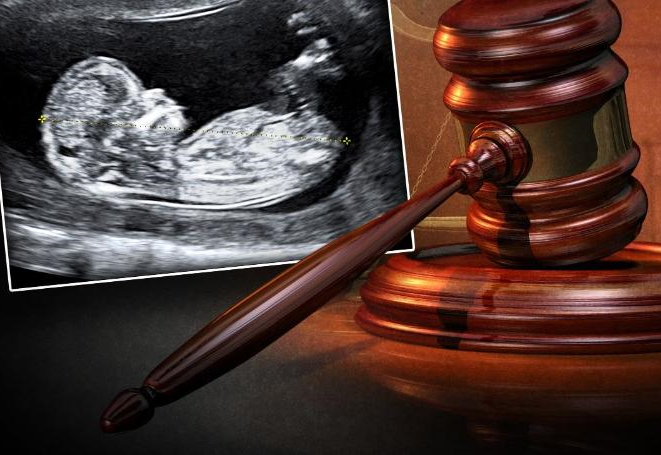A coalition of 20 attorneys general warned CVS and Walgreens in a letter Wednesday that their plan to begin selling abortion drugs through the mail is “unsafe and illegal.”
Missouri Attorney General Andrew Bailey, who led the effort, pointed to state and federal laws that prohibit the mailing of abortion drugs and told the pharmacy chains that they may be found liable.
“My office is doing everything in its power to inform these companies of the law, with the promise that we will use every tool at our disposal to uphold the law if broken,” Bailey said, noting their desire to “defend the welfare of women and unborn children.”
Earlier this month, Walgreens, CVS and, most recently, RiteAid announced plans to begin selling abortion drugs that are used to kill unborn babies up to 10 weeks of pregnancy.
Their decisions come after the Biden administration decided to allow pharmacies to sell the dangerous abortion drug mifepristone, which has killed millions of babies and dozens of women. Previously, mifepristone only could be dispensed by FDA-approved abortion facilities, medical offices and hospitals under the direct supervision of a licensed physician.
Pro-life leaders have launched boycotts and protests against the companies all across the country.
SUPPORT LIFENEWS! If you want to help fight abortion, please donate to LifeNews.com!
In their letter this week, the state attorneys general said the Biden administration is in the wrong.
“It is our responsibility as state attorneys general to uphold the law and protect the health, safety and well-being of women and unborn children in our states,” they wrote. “Part of that responsibility includes ensuring that companies like yours are fully informed of the law so that harm does not come to our citizens.”
Bailey and the attorneys general of Alaska, Florida, Indiana, Iowa, Kentucky, South Carolina, Texas, Utah, West Virginia and other states said federal law bans mailing abortion drugs.
They told the companies: “Although many people are unfamiliar with this statute because it has not been amended in a few decades, the text could not be clearer: ‘every article or thing designed, adapted, or intended for producing abortion … shall not be conveyed in the mails.’ And anyone who ‘knowingly takes any such thing from the mails for the purpose of circulating’ is guilty of a federal crime.”
The attorneys general accused the Biden administration of issuing a “bizarre” misinterpretation of the law in its effort to expand abortions, and expressed confidence that the courts will reject it.
“A future U.S. Attorney General will almost certainly reject the Biden administration’s results-oriented, strained reading. And consequences for accepting the Biden administration’s reading could come far sooner,” they told Walgreens and CVS.
They also expressed concerns about the well-being of women and children in their states, noting the risk of injury and death and a likely increase in coerced and forced abortions.
“Abortion pills impose far higher risks of complications compared to surgical abortions. In addition, abortion pills, especially when distributed by mail, make coerced abortions much easier,” Bailey said.
None of the pharmacy chains have begun selling abortion drugs yet. According to the Washington Examiner, a Walgreens spokesperson said earlier this month that “we are working through the registration, necessary training of our pharmacists, as well as evaluating our pharmacy network in terms of where we normally dispense products that have extra FDA requirements and will dispense these consistent with federal and state laws.”
The drug mifepristone, typically used with a second drug, misoprostol, now is used to abort more than half of all unborn babies in the U.S. every year, or nearly half a million, according to the Guttmacher Institute.
The FDA also has linked mifepristone to at least 28 women’s deaths and 4,000 serious complications between 2000 and 2018. However, under President Barack Obama, the FDA stopped requiring that non-fatal complications from mifepristone be reported. So the numbers almost certainly are much higher.
Studies indicate the risks are more common than what abortion activists often claim, with as many as one in 17 women requiring hospital treatment. A recent study by the Charlotte Lozier Institute found that the rate of abortion-related emergency room visits by women taking the abortion drug increased more than 500 percent between 2002 and 2015.
Another new study from the University of Toronto, “Short-Term Adverse Outcomes After Mifepristone–Misoprostol Versus Procedural Induced Abortion,” published in the Annals of Internal Medicine, found that one in ten women who took the abortion pill had to go to the emergency room, according to Pregnancy Help News.








